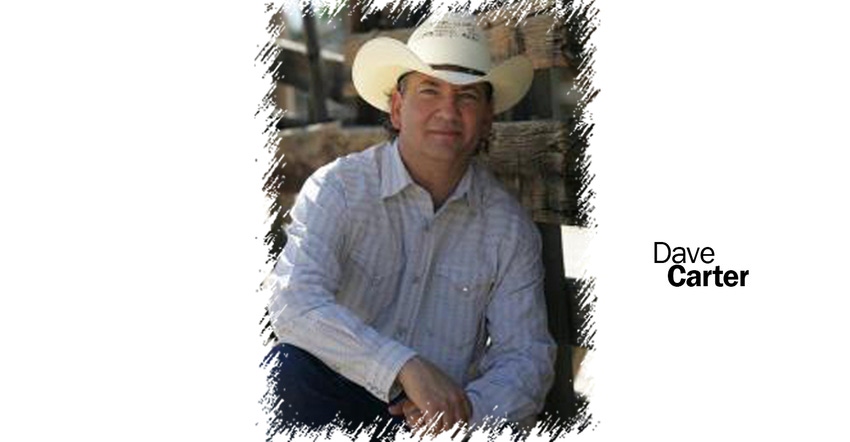
Commodity check-off programs have been around for decades. Many producers forced to contribute to those check-offs have rebelled because they are taxed without receiving any benefits.
I’ve been among the most vocal critics of those check-offs through the years.
Now, at the request of the Organic Trade Association, the U.S. Department of Agriculture has proposed an organic check-off program. The comment period runs through April 20. I just filed my comments…in support of this program.
Commodity check-off programs fail largely because generic advertising isn’t effective. Despite years of promoting "Beef, it’s What’s for Dinner," per capita beef consumption is dropping, even as specific branded beef products build sales. Branded advertising works; commodity promotion doesn’t.
Organic is a brand, not a commodity. Launched in October 2002, the USDA Organic seal is a brand built upon a promise that the product behind the label was grown and processed under a rigorous set of standards. That’s a powerful marketing claim. So powerful that others have attempted to copy it. So powerful that mainstream agricultural interests are working to denigrate it.
It won’t matter if organic is considered the "gold standard" if our customers get seduced by fool’s gold. We must protect the value—and the integrity—of the USDA Organic seal.
Several champions in the organic community are promoting the unique value of the organic seal. California Certified Organic Farmers will pin an "Organic is Non-GMO and More" button on anyone willing. Organic Valley’s website emphasizes, "Organic always means non-GMO." Those efforts help but still aren’t reaching the mainstream shopper.
A check-off program will give us the ammunition to fight back.
Protecting the organic brand isn’t the only reason to support the check-off program. Years ago, land grant universities turned to USDA to fund a broad range of research projects, with the results made available to all producers. That’s changed. The USDA Economic Research Service now reports that federal funding accounted for less than 20 percent of the research dollars in agriculture in 2013. And call me crazy, but I think that the federal dollars dedicated to agriculture research—much less organic research—are likely to shrink in the next four years.
Finally, we haven’t successfully introduced farmers struggling to survive in the volatile commodity marketplace to the sustainable, profitable opportunities in organic agriculture. It’s a shame that organic egg and poultry producers are forced to import feed from overseas because adequate supplies are not available at home. American farmers should be growing that feed. Let’s fix that.
The proposed rule isn’t perfect. Commodity check-off programs too often benefit a related commodity organization. Back-door funding from the beef check-off gives the National Cattlemen’s Beef Association its clout. The same is true for pork, dairy and other commodities.
The organic check-off should be structured to provide resources to a broad spectrum of organizations and institutions working to build the value of the USDA Organic seal, and the integrity of the claims behind that seal.
About the Author(s)
You May Also Like




